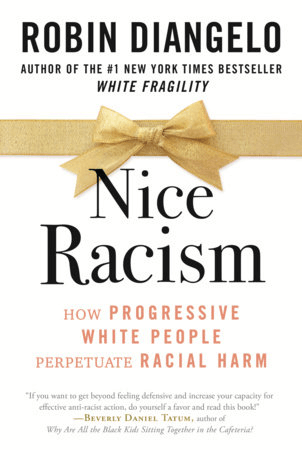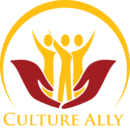

Antiracism Reading Group : Nice Racism
 Writing directly to white people as a white person, DiAngelo identifies many common white racial patterns and breaks down how well-intentioned white people unknowingly perpetuate racial harm. These patterns include:
Writing directly to white people as a white person, DiAngelo identifies many common white racial patterns and breaks down how well-intentioned white people unknowingly perpetuate racial harm. These patterns include:
- rushing to prove that we are “not racist”;
- downplaying white advantage;
- romanticizing Black, Indigenous and other peoples of color (BIPOC);
- pretending white segregation “just happens”;
- expecting BIPOC people to teach us about racism;
- carefulness;
- and feeling immobilized by shame.
DiAngelo explains how spiritual white progressives seeking community by co-opting Indigenous and other groups’ rituals create separation, not connection. She challenges the ideology of individualism and explains why it is OK to generalize about white people, and she demonstrates how white people who experience other oppressions still benefit from systemic racism. Writing candidly about her own missteps and struggles, she models a path forward, encouraging white readers to continually face their complicity and embrace courage, lifelong commitment, and accountability.

